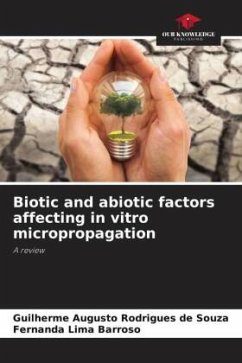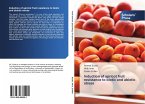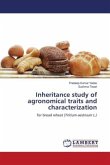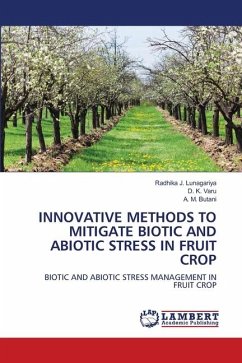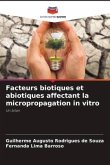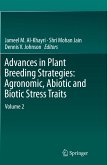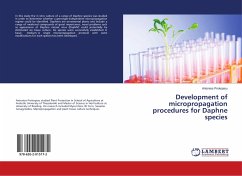Plant tissue culture, also known as in vitro micropropagation, is based on the technique of propagating plants from plant cells, tissues or organs in test tubes or similar glass containers. This propagation technique has gained prominence among the biotechnology techniques related to plant cultivation because, among other things, it improves the quality of the seedlings offered. However, one of the biggest problems related to tissue culture is the existence of various factors, whether biotic or abiotic, which are preponderant for the success or failure of the technique on a commercial scale. These factors include the origin of the explant, asepsis in the process, the nutrient medium used, the quality of the light supplied, the cultivation temperature, as well as the possibility of phenolic oxidation, vitrification and contamination of the material. Despite being crucial to the success of in vitro cultivation, these factors can be controlled by adapting them to the species being cultivated, as well as the cultivation methods used, which has significantly reduced losses in the seedling production process.
Bitte wählen Sie Ihr Anliegen aus.
Rechnungen
Retourenschein anfordern
Bestellstatus
Storno

